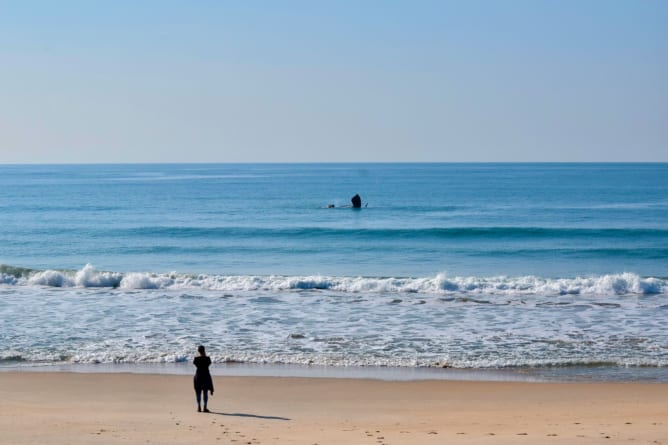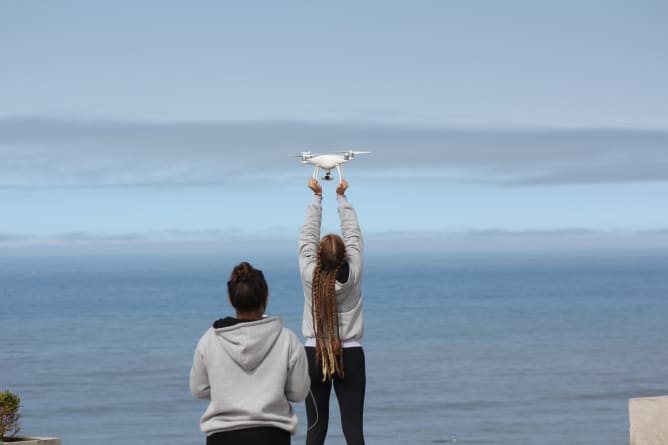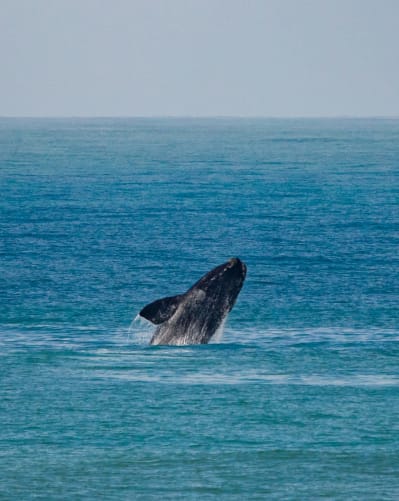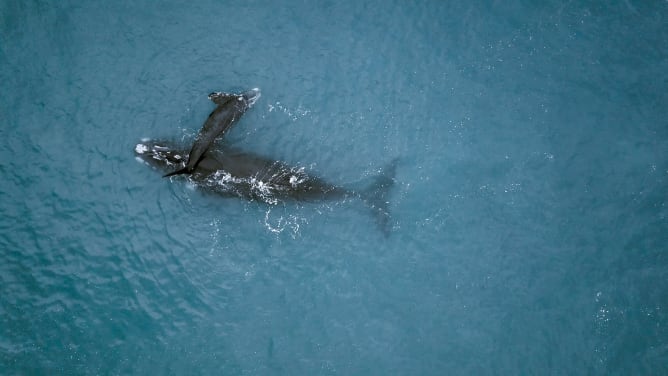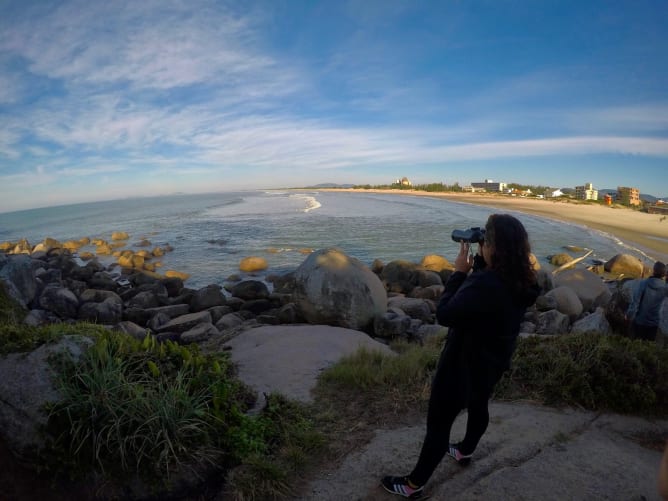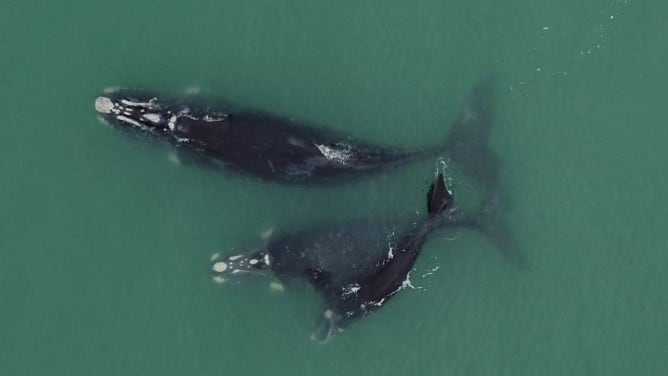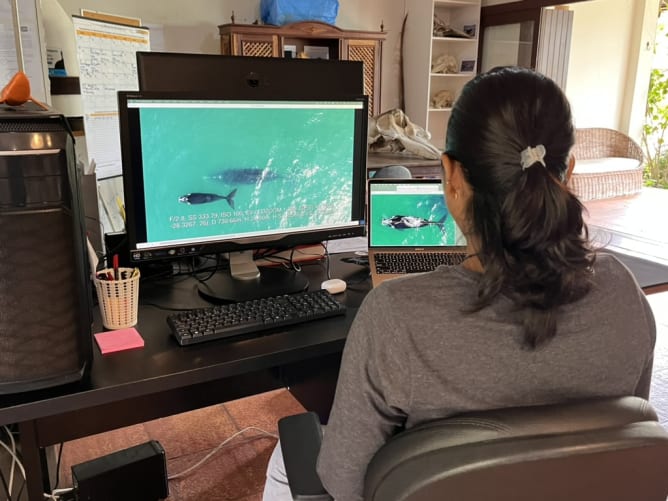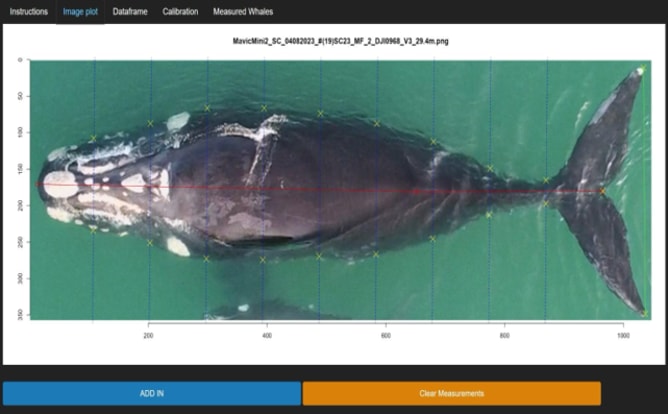This is what our project is all about.
Hello everyone! Farol das Baleias is a project conducted in southern Brazil by several students and volunteers in the non-governmental organization GEMARS, focusing on the recovery of the southern right whale. We have provided tools for numerous undergraduate and postgraduate students to enhance their skills in marine conservation and contribute to the knowledge and monitoring of whales.
Aim of the project: Our project aims to undertake a comprehensive evaluation of the ecology, health, and behavior of the southern right whale (SRW) in Brazil through systematic drone monitoring.
The following specific objectives have been established:
- Assess the health condition of SRW from drone images.
- Estimate body condition for SRW through photogrammetry.
- Evaluate the occurrence, residence, and site fidelity of SRW, examining variations within individuals.
- Evaluate the development of calves during the first months of life.
- Investigate SRW movement on both small and large scales through photo-identification.
What we will do: Our dedicated team of master’s students and volunteers will go to the field from July to October with the aim of conducting whale samplings with drones. For this purpose, almost 100 kilometers of beaches will need to be systematically surveyed to search for and document the whales. After that, many hours will be spent in the office organizing and analysing the data. From the footage and photos, we will be able to study the health, ecology, and behavior of the whales in southern Brazil.
Why is it important?
The southern right whale was heavily exploited in the South Atlantic for over 350 years, and the population probably reached as low as 200–300 individuals. After the cessation of whaling, right whales have been gradually recovering in the South Atlantic calving grounds. Today, right whales suffer with entanglement in fishing gear, collisions with vessels, habitat degradation, and shifts in prey availability caused by climate change.
It is very important for these animals to have their health, habitat use, and behavior monitored. Our team uses drones to conduct this monitoring in southern Brazil along 100km of beaches. With drones, we can take photos of the dorsal view of the head of the right whales and identify each individual, as their callosity pattern is like a fingerprint. It is also possible to monitor their body condition (are the whales getting thinner due to global warming?) and general health (identification of scars, skin diseases, etc).
By utilizing innovative drone technologies, we seek to gather critical data on body condition, site fidelity, movements, calf growth, and life history dynamics. Ultimately, our findings will contribute to inform conservation strategies for this iconic species in response of contemporary human threats.
Your contribution
Your support will enable our students to carry out their research on several aspects of the ecology, health, and behavior of southern right whales. Specifically, funds will cover accommodation costs, vehicle and fuel expenses, as well as the acquisition of equipment (external HDs).
We are pleased to offer a range of rewards to our supporters, including access to a personalized Instagram account, thanks in the thesis, framed photographs, online lectures, and the opportunity to name the first whale calves born this season. Supporters also have the possibility to join us for two weeks to closely follow our fieldwork. Please join us in this amazing wildlife research so that together we can contribute to the conservation and understanding of these magnificent creatures.
